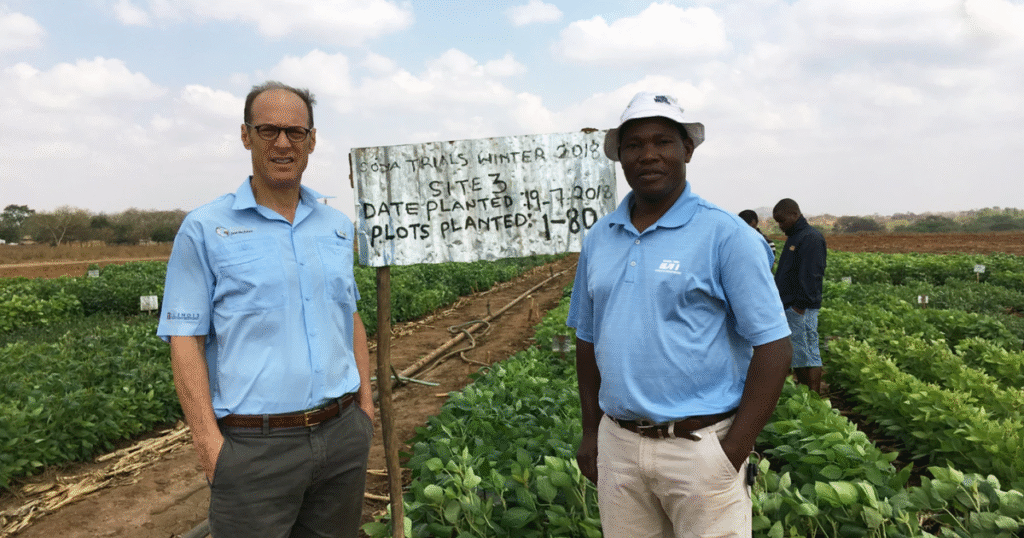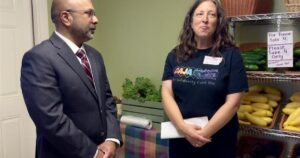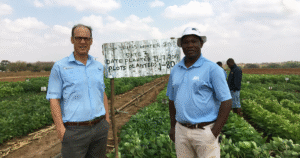Initiatives to combat global hunger through agricultural research have faced significant challenges in recent years. One such effort, the Feed the Future Initiative, established connections between research labs at 17 U.S. land grant universities and international partners. However, federal funding has dwindled, leaving only a single lab still supported by the government.
In early 2020, the Trump administration halted funding to the U.S. Agency for International Development, leading to a substantial reduction of the Feed the Future program. Researchers involved in this program now rely on their universities and private donors to continue their work, with hopes that federal support may be reinstated through Congressional action.
An Anonymous Donation
The Soybean Innovation Lab at the University of Illinois is one of the affected research groups. It has resumed operations on a smaller scale, thanks to a $1 million anonymous donation. Lab director Peter Goldsmith expressed gratitude, stating, “They liked what we were proposing to do and they put things in position.”
The lab, initially funded until 2027 under the Feed the Future program, had to pivot its focus. The private donation will fund a year-long project in Malawi, adapting soybean farming techniques to local conditions. Goldsmith emphasized the project’s scalability, aiming to attract further funding.
Despite rehiring eight of the 30 staff members, Goldsmith remains concerned about long-term sustainability. “I don’t think federal funding will be forthcoming,” he remarked, stressing the need for alternative funding sources.
‘Past the Political Moment’
Michigan State University’s Innovation Lab for Food Security Policy Research, Capacity and Influence also experienced funding cuts. Director David Tschirley noted that while some activities continue, they have significantly reduced without USAID support.
Tschirley, former chair of the Council of the Innovation Labs, highlighted ongoing bipartisan Congressional interest in agricultural research. However, he warned that rebuilding the labs would become increasingly difficult the longer they remain unfunded. “We have to get past the political moment, and we have to stay visible until we get past that political moment,” he advised.
One Innovation Lab Left Standing
At Kansas State University, the Climate Resilient Cereal Innovation Lab stands as the sole recipient of federal funding among the Feed the Future labs. Interim director Timothy Dalton expressed uncertainty about the lab’s continued funding, questioning why others were terminated despite their critical work.
The lab, established in 2023, focuses on improving cereal crops like wheat and rice for harsh climates. Dalton stressed the importance of international research, noting its benefits for U.S. agriculture, “I’ve demonstrated and found billions of dollars for U.S. farmers in the sorghum industry from working on problems in Haiti and in southern Africa.”
Dalton underscored the necessity of long-term investment, citing a Virginia Tech University report that called for increased agricultural productivity to meet future food needs. Without achieving a 1.9% growth rate, he warned of dire consequences for food security and national safety.
This story was produced in partnership with Harvest Public Media, a collaboration of public media newsrooms in the Midwest and Great Plains. It reports on food systems, agriculture, and rural issues.






